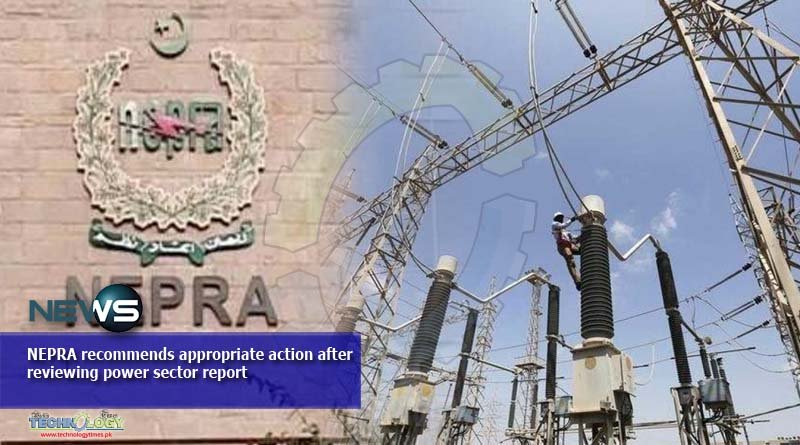The National Electric Power Regulatory Authority NEPRA has constituted a team of experts to look at the report for recommends a appropriate action in the light of a report that accused the Independent Power Plants (IPP) of bleeding the power sector.
 Official said in a press release that the NEPRA will take every action within its powers to ensure that consumer interest has not been compromised by carefully looking into any misrepresentation of facts and figures by any IPP.
Official said in a press release that the NEPRA will take every action within its powers to ensure that consumer interest has not been compromised by carefully looking into any misrepresentation of facts and figures by any IPP.
Official further said that report was not shared with the NEPRA despite a clear agreement on the issue. NEPRA determines tariff as per the Council of Common Interest (CCI) approved policy after carrying out quasi-judicial proceedings in a transparent manner.
He started that public hearings are held and participated by all the stakeholders which are recorded for any future reference.
According to the 278-page report, which was prepared by a committee led by former Securities and Exchange Commission of Pakistan (SECP) chairman Muhammad Ali, the cumulative budgetary support for the power sector amounted to Rs3.2 trillion in subsidies and other liquidity injections from 2007 to 2019. But despite this, there were annual losses of Rs370 billion due to the power sector’s inefficiencies.
The report stated that the Power sector policies during the last two decades have allowed exorbitant profits to a select group of investors and encouraged de-industrialisation by incentivising higher capital allocation to a guaranteed and less risky power business.
The report further stated that during this time, inefficiencies in the public sector generation and distribution companies were unfortunately tolerated, including by the federal government and NEPRA [National Electric Power Regulatory Authority]. The reform towards the goal of the ultimate privatisation of ex-WAPDA [Water and Power Development Authority] distribution companies has been pending for more than two decades. These companies have been corporatized with independent boards of directors, yet operationally this entire distribution sector worth Rs1,400 billion is being managed by the federal government.
The report pointed out that Pakistanis had been getting the most expensive electricity in the entire region, which could be due to some private companies providing false oil statistics to secure better tariffs.
According to sources, the report mentioned PM’s advisers Abdul Razzaq Dawood and Nadeem Babar, Minister for Energy Omar Ayyub Khan and Minister for Economic Affairs Khusro Bakhtiar among others.
The sources said that the report identified Dawood and Babar as direct beneficiaries of the payments made to the IPPs, while the immediate relatives of Khusro and in-laws of Omar Ayyub had been named as beneficiaries. The aforementioned individuals were not part of the meeting due to a conflict of interest among them.